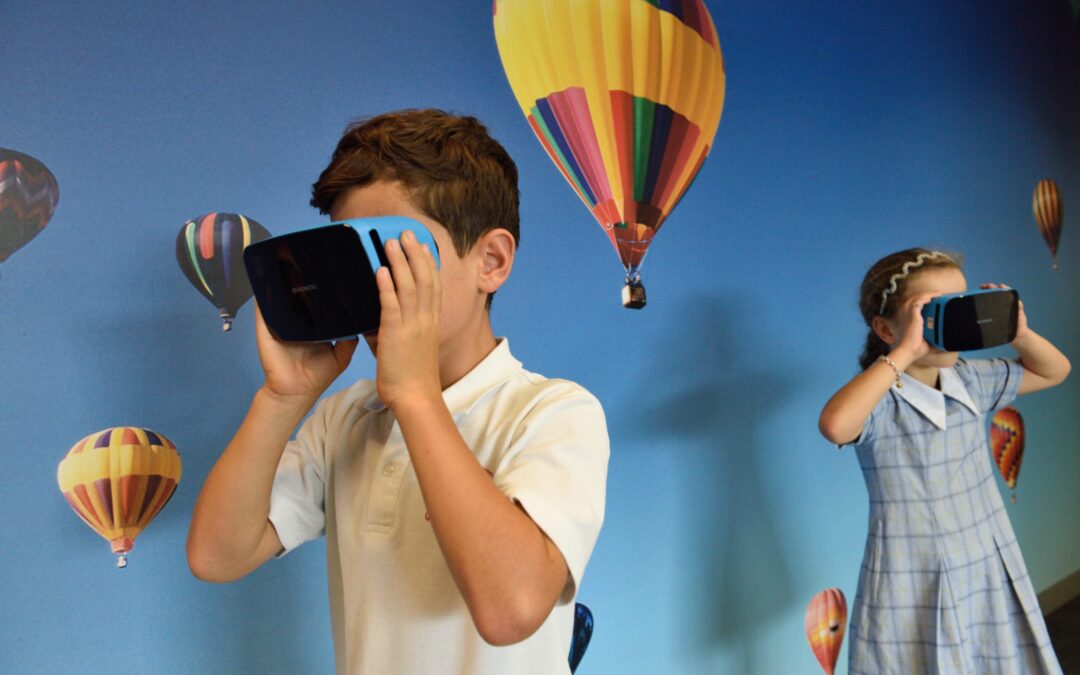
by The Children's Treatment Center | Aug 10, 2017 | General
The start of a new school year is just around the corner. While many children are happy about heading back to the classroom and seeing their friends again, for some kids, a new school year embodies fear and school anxiety. But, what if your child could go into their...


